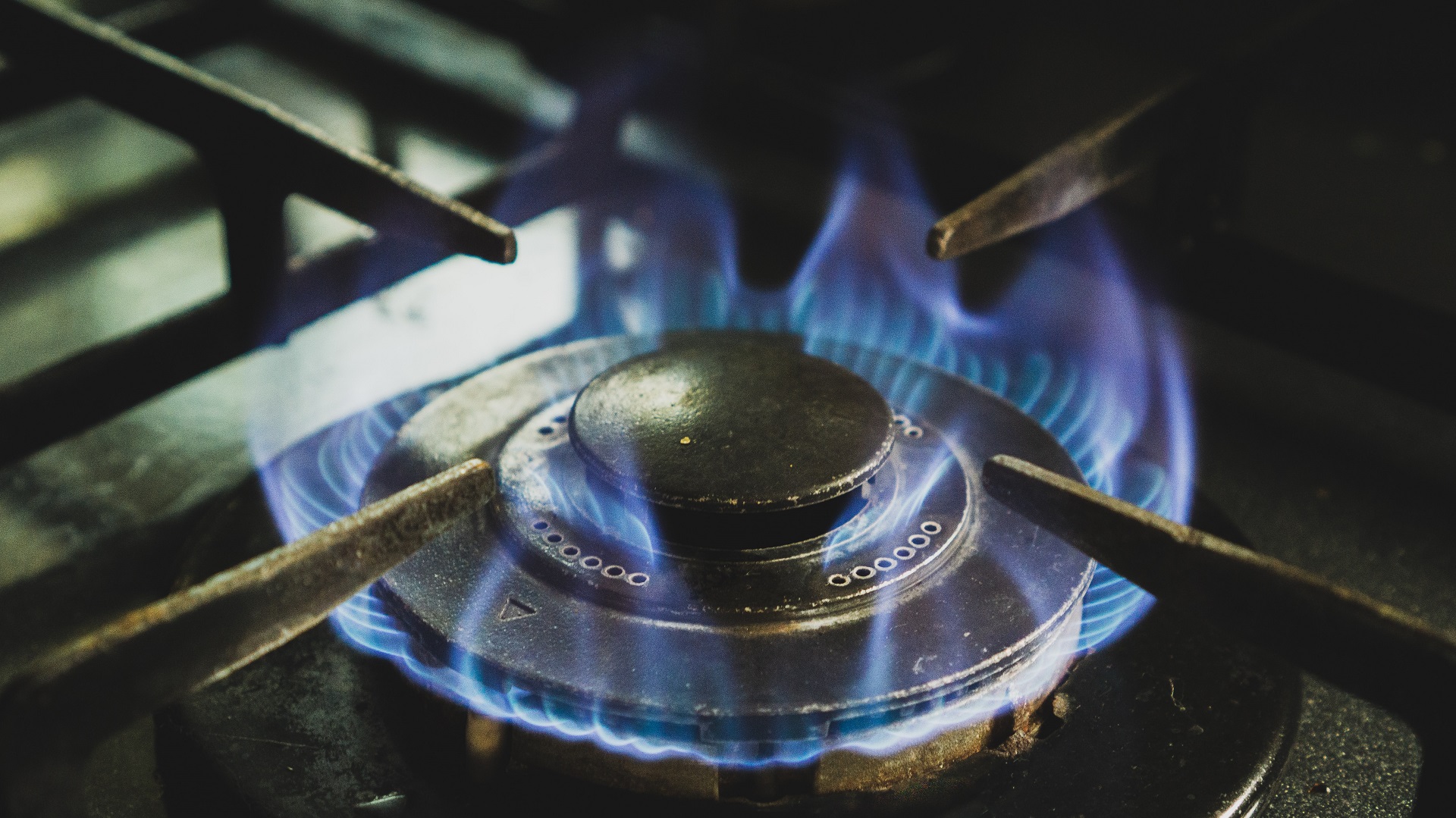In ten days’ time, our government will make their way back into parliament. Fresh-faced from their summer holidays, they will sit and survey the landscape, the data in front of them, the emails from constituents, and warnings from charities and civil society, and they will realise, once again, they have cocked it up. Not just slightly, but on a grand scale, a level that would have ended a government’s tenure a few decades ago. A cold bead of sweat might form, for a brief moment on Britain’s most powerful foreheads, before evaporating as the warm glow returns. It’s OK, it’s 2023, basic competence isn’t the bar anymore.
This winter is going to hurt, again. Household finances have been decimated – cutting right through from Britain’s most destitute, to what used to be the middle class, the attacks on the monthly budget are multi-fold. Today it’s confirmed by Ofgem, energy bills won’t fall nearly enough. Indeed, as a result of the government’s premature withdrawal of support, around a third of households will be spending more on energy compared to last winter. The New Economics Foundation (NEF) has found that this winter, households in the bottom 10% will see their energy bills eat up the equivalent of a fifth of their disposable household income (after housing costs). That’s almost double what it was pre-crisis.
Get the latest news and insight into how the Big Issue magazine is made by signing up for the Inside Big Issue newsletter
That burden will layer on top of a mountain of energy debt that has accumulated for the last two years, plus surging food prices, and skyrocketing rent costs set against meagre rises in wages. By now, households have already cut away everything non-essential they could manage. Energy consumption is down an estimated 10% on normal levels, some of which will be due to people making horrifying choices between heating or eating.
So, again, campaigns, campaigners, ordinary citizens, desk-bound think tankers (guilty), academics and digital warriors will grind into action. We will amp up the pressure, and expose the inadequacy of government support: the cost of living payment for households on means-tested benefits doesn’t begin to cover the cost of living, and is due to expire in the spring. And the way that universal credit is withdrawn when you become no longer eligible creates the great group of ‘the left behind’.
Perhaps another short-term payment of a few hundred quid might be won. It seems, any hope of a more comprehensive ‘social tariff’ (effectively a discount on energy bills for households below a certain income threshold), a key target for a large coalition of mainstream charities, has faded as government dropped the issue from a recent consultation. But we shouldn’t let our expectations be pushed lower. Structural change is possible. Solutions which last more than a few months are out there. Other countries are doing it differently, and we could too. For solutions to inflation, Spain might be a good place to look, where windfall taxes on the banks, cheap public transport, and rent caps have held the real economy steady and kept inflation down. But for a long-term solution to the energy bills problem, we’ve already got the answers here.









